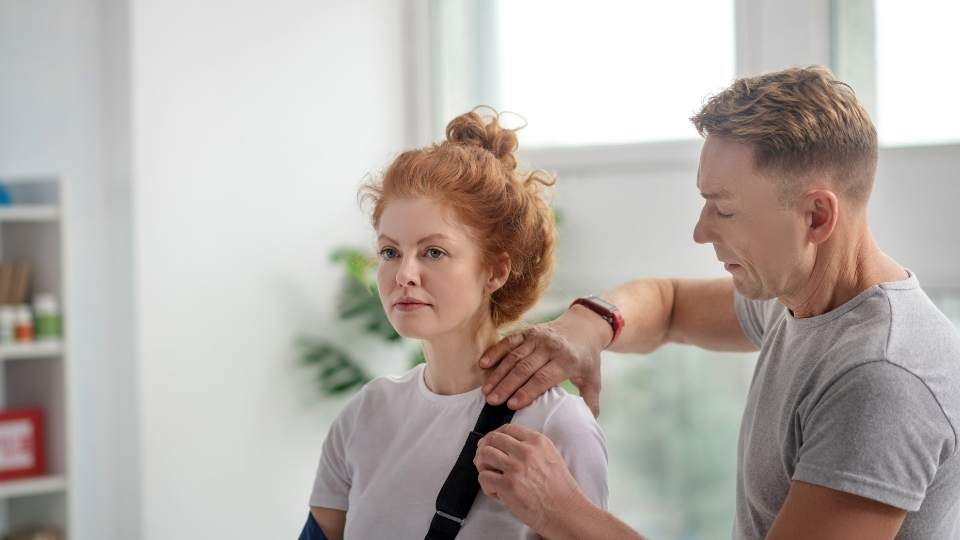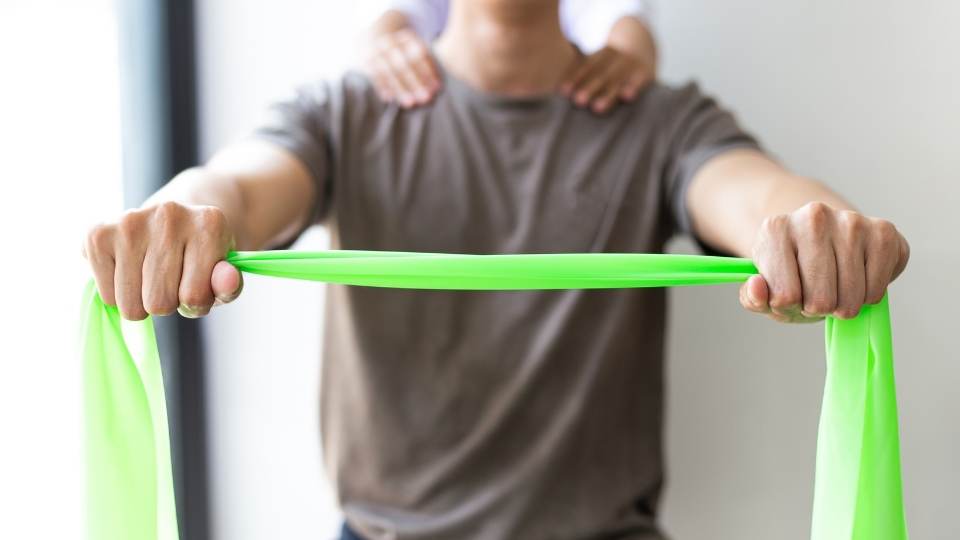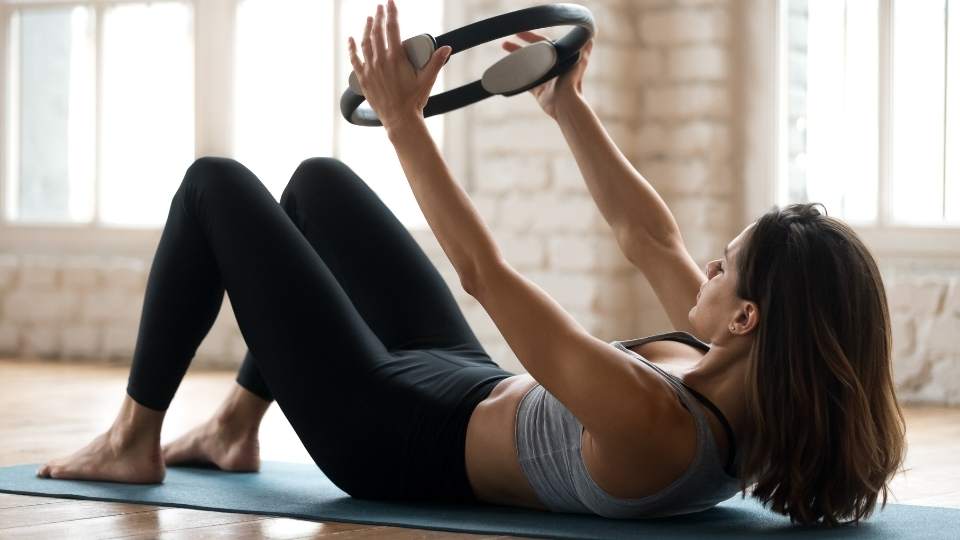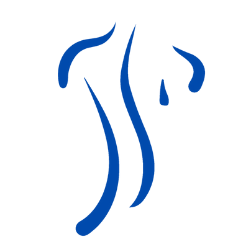Your Recovery Is Our Specialty In Dublin Ireland
At Dublin Physical & Chiropractic we understand how frustrating and painful recurrent dislocations can be or how limiting recovering from a fracture can be. That is why we provide a range of treatments to help your recovery from a dislocation or fracture.
Fractures and dislocations can be caused by a variety of activities: most often from falls or sports injuries. At Dublin Physical & Chiropractic we offer physical therapy services to treat your fracture and dislocation as well as advice you on injury prevention.
We understand that recovery can take time so our therapists work with you to get back to your activities of choice.
We Help People With Fractures & Dislocations
At Dublin Physical & Chiropractic we have a team of experts that specialize in orthopedic and neurological conditions, including providing an optimal recovery program after a fracture or dislocation. All of our treatment options are drug-free, non-surgical interventions, and tailored to you.
For more information about our Treatments & Relief or to book your consultation, call us at (01) 254 4800 or visit our contact page.
We offer a range of evidence-based innovative treatment options – including physical therapy, including exercise therapy and hands-on therapies, laser therapy, spinal decompression, and joint traction, intrinsic core strengthening, and manual therapy (spinal adjustments and manipulations).

Our Goal At Dublin Physical & Chiropractic
Our goal is to get you back on your feet as soon as possible, so we offer a range of programs to help with fractures and dislocations.
We work closely with our patients’ GPs or medical consultants where necessary. We also provide advice for those who wish to return to work after an injury or surgery by providing specific reports that can be sent to an employer.
If you suffer fractures or dislocations, we can help! For more information call us today on (01) 254 4800 and book a consultation with one of our physical therapists who will be happy to discuss your needs.

What Causes Pain After A Dislocation?
Pain can be immense following a dislocation. The most common joints to become dislocated are the shoulder, fingers, hip, elbow, and acromion-clavicular joint. Pain following a dislocation is often caused by muscle spasms, ligamentous tears, or nerve compression.
Why Do I Keep Dislocating My Shoulder?
Recurrent dislocations occur because the joint has lost its stability and the ligaments and muscles surrounding it no longer provide sufficient support. This is problematic because when a joint keeps dislocating, it can cause long-term symptoms, like pain, weakness, the cognition that you have “a bad shoulder or hip” or a clicking sound with movement.
That is why early physical therapy is so important after a fracture, to improve the stability of the joint and to strengthen the muscles around the joint to prevent long-term issues.
Physical Therapy Rehabilitation After A Dislocation
Physical therapy generally begins as soon as possible or as soon as the sling may be removed. After the immobilization period, physical therapy rehabilitation usually includes advice, education, and an exercise-based regimen (typically focusing on shoulder stability, coordination, and strength) aimed at restoring normal shoulder function.

During your rehabilitation program, our physical therapists will use a combination of hands-on therapies like massage therapy and joint mobilizations to reduce pain and improve pain-free range of motion, and an individually designed exercise program to restore stability, coordination, and strength to get you back to the hobbies and sports you love to do without the fear of another dislocation.
Physical therapy’s main objective is to restore a healthy, pain-free, and stable shoulder.
Physical Therapy Rehabilitation After A Fracture
Physical therapy rehabilitation for fractures or dislocations usually begins immediately following the injury (unless there are certain contraindications).
For more information about our Treatments & Relief or to book your consultation, call us at (01) 254 4800 or visit our contact page.
During your physical therapy program, our therapists will use a combination of hands-on therapies like massage therapy and joint mobilizations to reduce pain and improve pain-free range of motion. Our therapist may also implement an exercise program to restore strength, coordination, and endurance.
Our physical therapists will also discuss with you ways to reduce pain at home by using modalities like heat therapy. Our therapists can provide advice for setting up your environment (for example, if you need a raised toilet seat) that may help limit the pain and fatigue associated with fractures or dislocations.

Our physical therapists will work together to provide you with a program tailored to your specific injury, level of function and condition. We use evidence-based practice (best practices) in all our rehabilitation programs so we can make sure that the treatment we recommend is effective for achieving optimal outcomes.
Call us today to book your appointment with one of our physical therapists, who will be happy to discuss how we can help you get back on track.
Dublin Chiropractic & Physical therapy Clinic is dedicated to providing the highest quality care for fractures and dislocations along with the best chiropractic services.
Laser Therapy After A Fracture Or Dislocation
Laser therapy is gaining popularity in physical therapy and chiropractic clinics across Dublin. Laser Therapy can be used to treat fractures and dislocations because it has the ability to promote cellular metabolism (increase blood circulation) around the injury site, which speeds up healing by delivering more oxygen & nutrients into your cells while removing lactate ions that are formed during tissue injury.
Laser therapy lessens pain and swelling, increases blood flow to the area which speeds up healing by delivering more oxygen & nutrients into your cells while removing lactate ions that are formed during tissue injury, improves joint mobility through its anti-inflammatory properties, relaxes muscles around fractures or dislocations so you can start your physical therapy rehabilitation sooner, and reduces the risk of fractures & dislocations becoming chronic by reducing scar formation.
Core Strengthening After A Fracture Or Dislocation
Having a strong core can help you recover from fractures or dislocations faster because it helps to stabilize your shoulders. It also protects them against future fractures & dislocations by increasing strength around the joints, which reduces stress on surrounding tissues that are commonly injured during fractures and dislocations.

A physical therapist will be able to prescribe exercises to strengthen your core muscles while you are undergoing physical therapy for fractures or dislocations. He/she will also be able to provide advice on how to use self-myofascial release (foam rolling) and other soft tissue massage techniques that can help restore flexibility in tight areas, increase blood flow around the injury site, improve muscle tissue quality, break up scar tissue adhesion (adhesions) that may have formed around fractures or dislocations.
Why Chose Us At Dublin Physical & Chiropractic
Members of our team have been providing fractures and dislocation treatment for over a decade in Dublin, Ireland. We use evidence-based practice (best practices) to provide our patients with effective treatment plans so they can achieve optimal outcomes from their injuries.

Visit us in Dun Laoghaire, Dublin Ireland
Our physical therapy & other services extend throughout Dun Laoghaire-Rathdown including Blackrock, Cherrywood, Stillorgan, Rathfarnham, Shankill, Cabinteely, Foxrock, Clonskeagh, and Killiney.
Our office is located just outside of the center of Dun Laoghaire and is between Deansgrange and Monkstown. You can find our building entrance on Lower Mounttown Road, across from Woodland Park. We are a 30-second walk from Dublin Bus stop 2031 which is outside of Mccormick’s Pub.
Book Your Consultation Today In Dublin Ireland
Call us today on (01) 254 4800 or schedule your appointment today.
References
[1] https://www.ncbi.nlm.nih.gov/pmc/articles/PMC5736892/
[2] https://www.ncbi.nlm.nih.gov/pmc/articles/PMC6510174/




